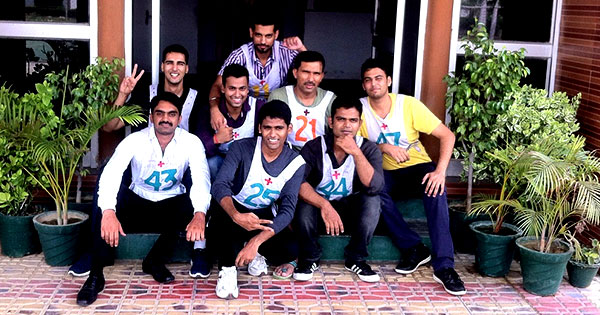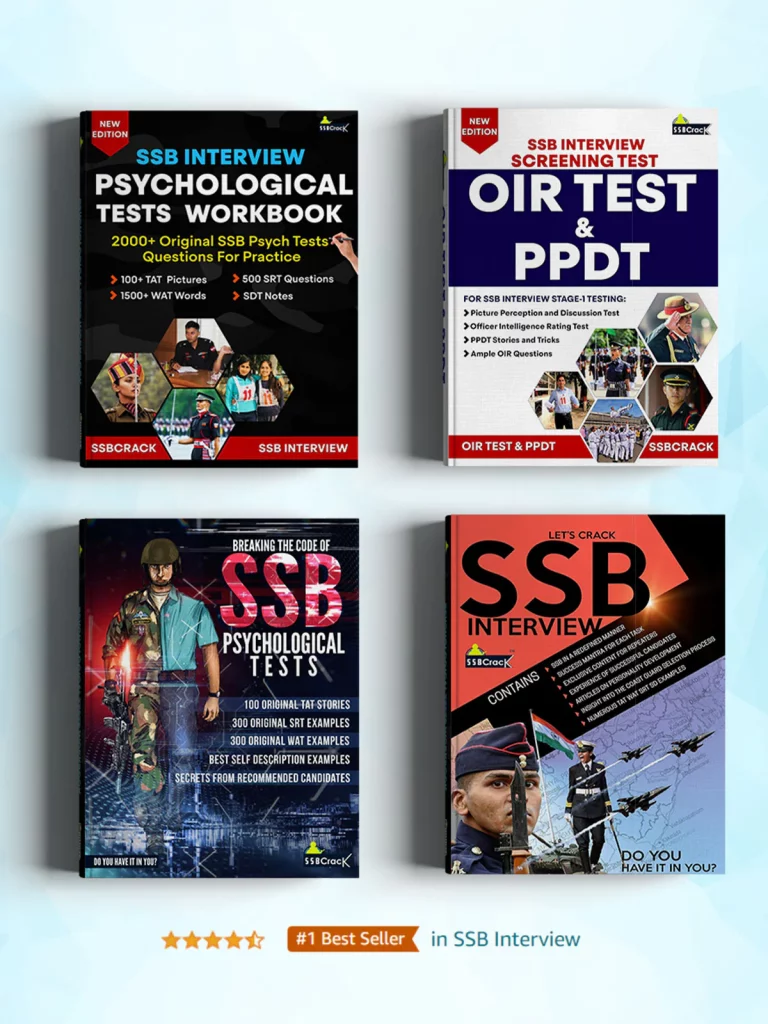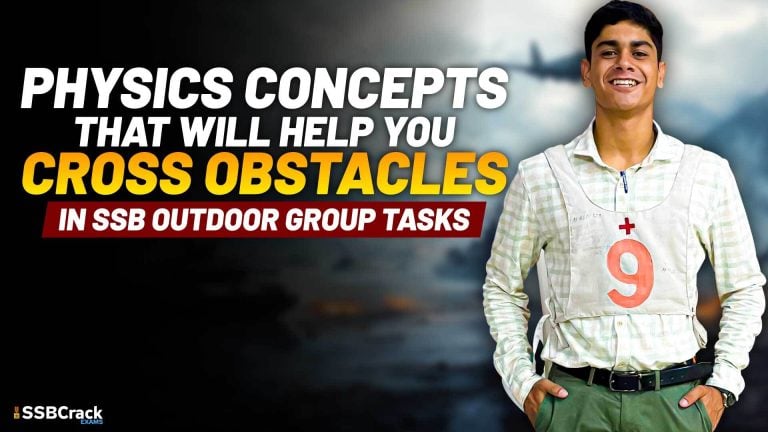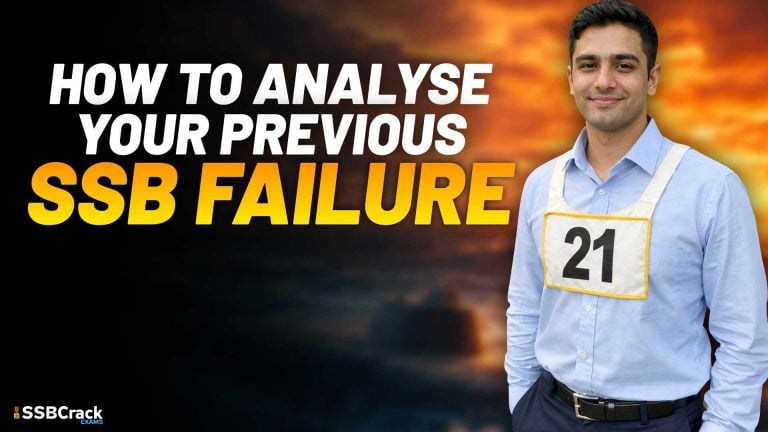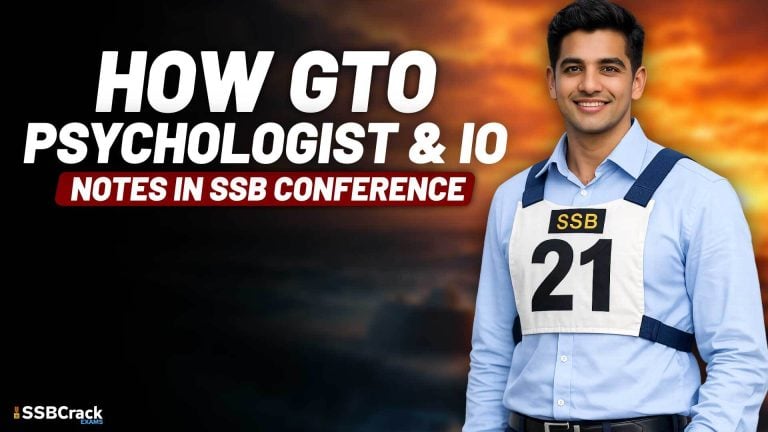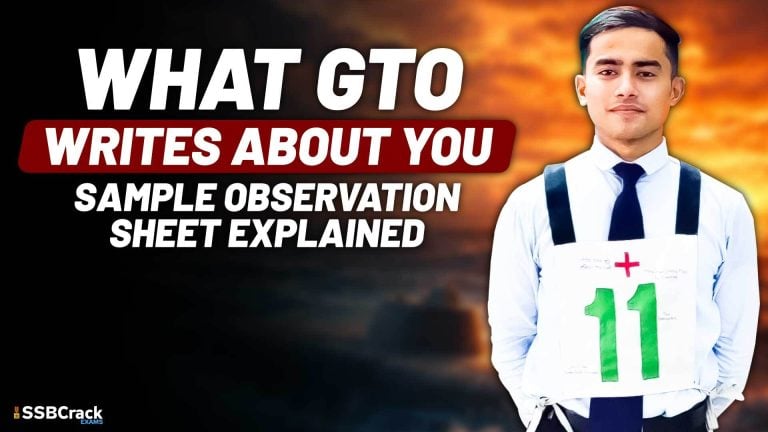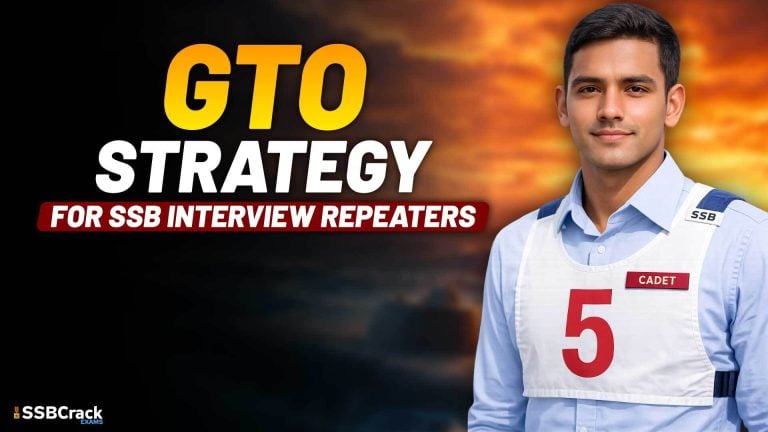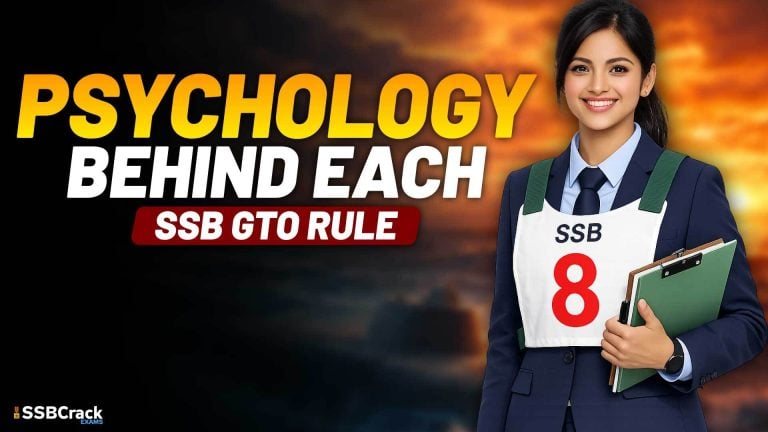Many candidates are asking about the De Nova SSB interview and when the new process will be live at various selection boards. There are few boards like AFSB Mysore and SSB Bangalore that are conducting De Nova trials and selecting candidates based on it but most of the candidates are going through same 5 days SSB interview process. There is no clarity on when the new De Nova process will take over completely.
The existing Services Selection Board (SSB), in vogue since 1948, is a five-day long process for officer selection which includes an interview, group testing and psychological testing of the aspirants.
Many candidates might feel the same if asked whether they find the current SSB interview system old and do they think there is an endless scope to improve the current SSB interview system. The current SSB interview system is running since 1948 with minor changes. The current SSB interview is a 5-day interview procedure where a candidate is tested for his personality using three different tests namely psychology, GTO and personal interview.
Why do we need De Novo Selection System
- To reduce the time at SSB which is 5 days now.
- To assess more candidates by reducing the time.
- New testing as per the current ideologies and society.
- Modern techniques of behavioural testing are available and can be implemented easily.
- To reduce the deficiency of officers in the armed forces.
What could be seen in De Novo Selection System
- It will accomplish the SSB testing in 03 days.
- New techniques of behavioural testing will be implemented.
- It will also make a fair and transparent system by minimizing human subjectivity and reduce long lead time and time taken for SSB and medicals.
- It will make the selection process convenient for the candidates.
- All the 3 testing techniques will be there with modifications.
- Tests like screening and Psych could go online.
Below is the technical analysis on DE NOVA by Col Vinay Dalvi (Retd)
- Reduction of selection period from 5 days to 3: Reducing the selection period from 5 days to 3 days will have its drawbacks for the candidates and selectors. For the candidates being observed for only 3 days instead of earlier 5 days, they will be required to prove/display their personality traits, potential and trainability in 2 days lesser time span with fewer tests/assessments. For the selectors, they will be required to be more focused and observant as they will get 2 days lesser time for their assessments.
- Screening/Psychological Test: The removal of the ‘physical screening test’ and replacing it with ‘online screening test’ will have several negative implications not only for the candidates but the selectors as well. Firstly, the candidates who are the outdoor type will not be able to display their physical characteristics/traits and military potential, which will remain hidden/veiled behind the online screen. Secondly, the candidates who are intellectually/academically more proficient are likely to excel, keeping their physical personality traits and potential hidden/veiled behind the online screen.
- Thematic Apperception Test (TAT): TAT will now have 9 pictures instead of 12. The very premise of this test is projective. Projective tests have limited usage in psychological testing as these are subjective can be manipulated and cannot be standardized. These tests lack validity and reliability important constructs for a psychological test. They also do not have a standard grading scale thus leaving it to the judgment of the analyzer. Where is the guarantee that the psychologist himself is not projecting his personality and accepting only those answers that are close to his world view?
- Self-Description (SD): Is an over inflated bombast, as each candidate knows that they are in for a competition and the aim is to get through the selection procedure. Each person tries to project the best of his personality, hiding/repressing aspects which later could manifest as neuroticism, delusional disorders or attention seeking syndrome.
- Word Association Test (WAT): Reduced from 60 words to 40 words, no sentences and only three associated words to decipher an individual’s psychology. The concept arouses mirth, as the hold of coaching has not been “factored in”. Eg: A word like ‘mother’ – ‘determination’/’motherland’/’affection’, what does it reveal of an individual’s psychology? Nothing. Such answers can be rehearsed and have no test/re-test validity.
- The 1.6 km Endurance Test: The military academies (IMA, NDA, OTA) for the past 22 years, through their Commandants, have been representing to the DG Recruiting/DGMT/ARTRAC the imperative need of mandatory physical tests in the SSBs for several justified reasons like high wastage rates, resignations, relegations, withdrawals and medical cases. Shockingly and surprisingly, the COSC/HQ IDS/ARTRAC/DGMT have been unable to convince/persuade the DIPR to accept this simple basic requirement, particularly when they were rejecting two thirds (66%)of the SSB candidates only on the basis of a non-transparent/subjective screening(psychological) test! The purpose of a physical 1.6 km run (not race) is defeated when the most physically suited/talented candidates would get screened out in the online screening test. Hence, there is an imperative need of a blend of both physical and psychological tests in the screening process. The requirements of the training academies and the users/three services must be factored in to decide/finalize the De Novo System. A holistic and coordinated approach involving the selectors, trainers and users/services is of paramount importance. Presently it appears to be an exclusive DIPR /DRDO exercise.
- Situation Reaction Test (SRT): This improved test with pictures and without pictures seems to hold ground with four options numbered 1 to 4. Just a few months into the tests in SSB all possible situations will be available with the coaching centres and the entire process will become a charade. The answer keys to such tests have little reliability as they cannot always measure what they are initially set for.
